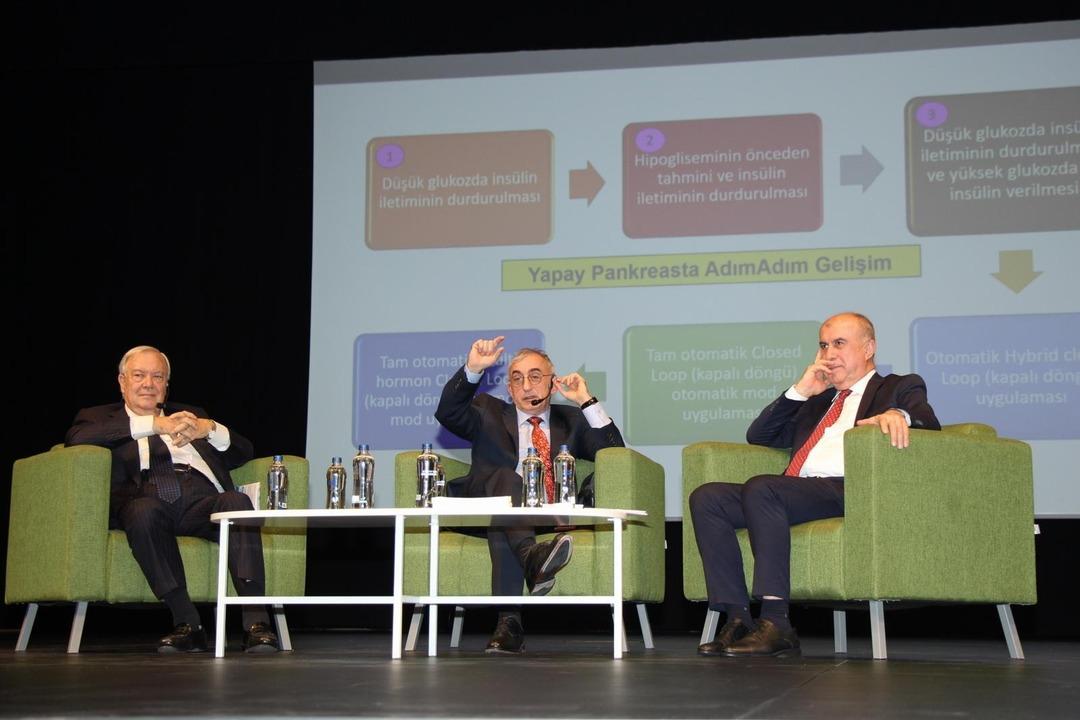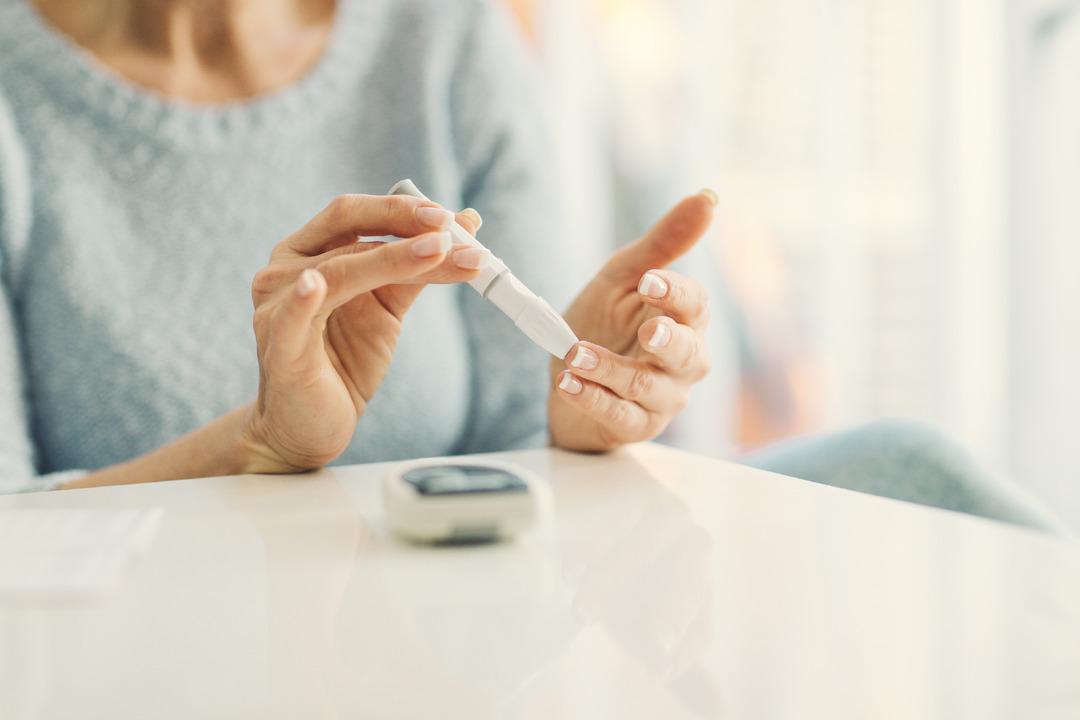The increasing rate of diabetes in Turkey; Experts emphasize that this rate is 2 times the world average and 4 times the European average, and point out that diabetes has become the fastest growing disease in the world.
Diabetes comes both silently and grows like an avalanche. In order to raise social awareness of this important disease, experts from Acıbadem University came together at the meeting titled “Conversations with Experts on Longevity in Diabetes”.
Moderated by the university’s Diabetes Research and Application Center Coordinator, Endocrinology and Internal Medicine Specialist Prof. Dr. Other expert speakers of the interview given by M. Temel Yılmaz; Department of Brain and Nerve Surgery faculty member Prof. Dr. Necmettin Pamir and Cardiovascular Surgery Department Faculty Member Prof. Dr. It was Cem Alhan.
“DIABETES HAS EXPLODED IN TURKEY
Diabetes that is not well treated and controlled; Stating that it is the number one cause of serious diseases such as kidney and heart diseases, stroke, vision loss and neuropathy, Prof. Dr. M. Temel Yılmaz said, “Unfortunately, the age at which diabetes occurs has decreased to the 20s. Obesity has become more common in children because their diet has deteriorated. One in every three children in Turkey is overweight. We see that the age of heart attack has decreased below the age of 45. The most effective anti-aging method in the world is oxygen. Getting oxygen is essential to be healthy, stay young, and live long. In the research conducted; It has been observed that people living in areas where oxygen is abundant have longer lives. For example; Bozcaada is known as the ‘Island of the Immortals’. The regions with the lowest oxygen are the Poles. There, too, it has been proven that people age faster. Outdoor sports are very important for healthy living and disease prevention as they increase the oxygen entering the body. “Unfortunately, diabetes has exploded in Turkey due to sedentary lifestyle and the increasing role of fast food in nutrition,” he said.
DIABETES PATIENTS ARE 4 TIMES MORE LIKELY TO BE STRETCHED!
Explaining how diabetes affects the brain, Acıbadem University Department of Brain and Nerve Surgery faculty member Prof. Dr. Necmettin Pamir said, “Diabetes disrupts the vascular structure and causes problems such as arteriosclerosis and vascular occlusion. When the vessels in the brain are blocked, the brain cannot be fed with enough blood, which can even lead to death. Diabetes increases arteriosclerosis, causing two types of vascular occlusion. Either large vessels become blocked, causing paralysis (stroke), or small vessels become blocked, causing major blockages in the future. “Indeed, dementia is more common in those whose diabetes is not under control,” he said.

Pointing out that diabetes increases the occurrence of stroke in humans by 4 times, Prof. Dr. Necmettin Pamir said, “The risk of stroke in patients with uncontrolled diabetes is 4 times higher than in healthy people. It has been scientifically proven that blockage of small vessels will lead to blockage of large vessels in the future. We have to control diabetes. We need to reduce atherosclerosis and related risks. The most important problems caused by diabetes are; arteriosclerosis, blockage, clot formation and brain hemorrhage in the carotid artery. “Genetic predisposition is important here, but an unhealthy lifestyle and malnutrition also increase these risks,” he said.
DIABETES DOUBLES THE RISK OF HEART ATTACK!
Acıbadem University Department of Cardiovascular Surgery Faculty Member Prof. Dr. Cem Alhan stated that uncontrolled diabetes doubles the risk of heart attack and continued his words as follows: “The reason for hospitalization of 75 percent of patients with diabetes is cardiovascular diseases. Heart attack symptoms are also different in these patients. Since diabetes negatively affects the nerve endings, pain signals are not transmitted to the brain and therefore they do not feel chest pain. During a heart attack, instead of chest pain, they experience symptoms such as fatigue, shortness of breath, and choking when climbing stairs. We call this ‘hidden ischemia’, colloquially ‘hidden heart’. “In addition, type 1 diabetes, that is, diabetes that occurs genetically in childhood, can delay the occurrence of heart diseases by 10-15 years,” he said.

Prof. said that postoperative wounds heal slower in diabetic patients. Dr. Alhan: “First of all, we try to treat it with medication and postpone the surgery as much as possible. In cases where this is not sufficient, we perform interventions such as angiography and balloon instead of surgery. Stents are not the solution for common vascular diseases. Diabetes generally affects the body’s small, thin vessels. In other words, it affects the kidney veins, the veins at the bottom of the eye, the small veins in the brain, and the small veins in the heart. It is not possible to insert a stent into these thin vessels, the solution is surgery. We prefer to perform robot-assisted surgeries with small incisions on these patients. “In this way, patients are less affected and they return to their daily lives more quickly,” he said.
